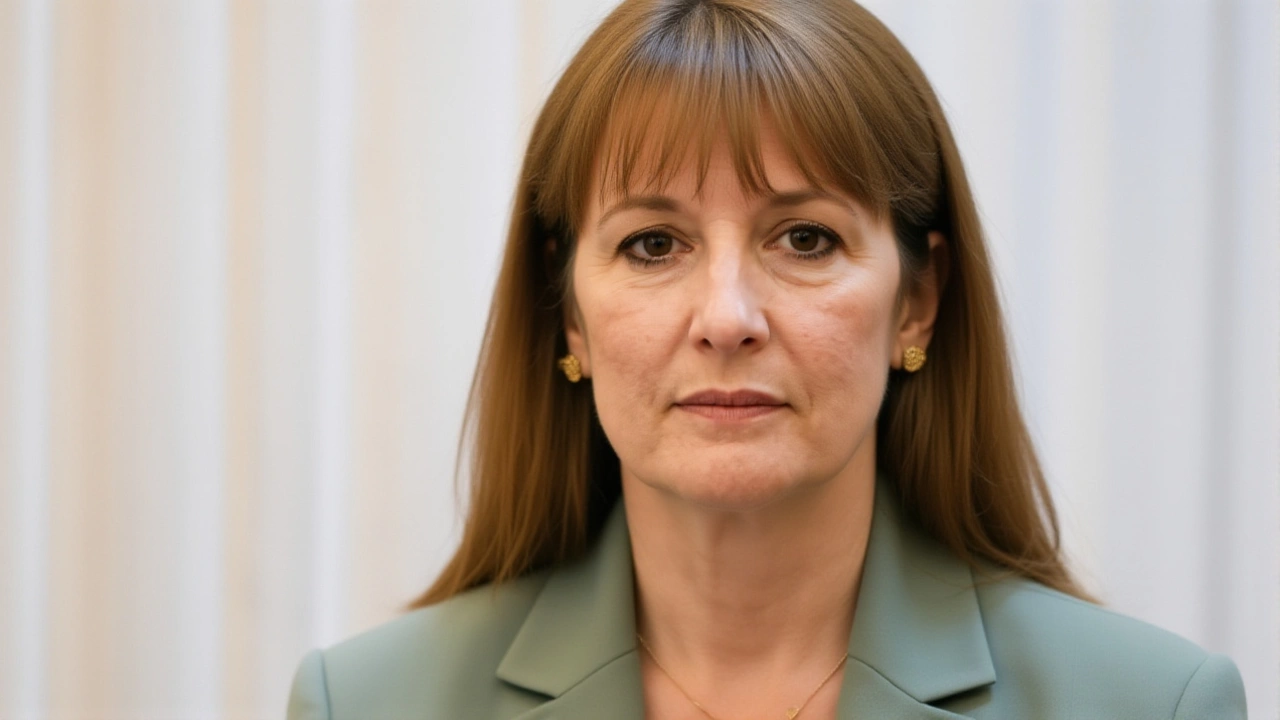UK Treasury: What It Is and Why It Matters
When you hear about the UK Treasury, the government department that handles the country's finances, sets fiscal policy, and prepares the annual budget. Also known as HM Treasury, it sits at the heart of economic decision‑making in Britain. The Treasury works hand‑in‑hand with the Chancellor of the Exchequer, civil servants, and external advisors to steer the nation's money flow.
One of the core duties of the Treasury is to design Fiscal policy, the set of government actions that influence taxation, spending, and borrowing to achieve macro‑economic goals. By adjusting how much the state spends on health, education, or infrastructure, the Treasury tries to balance growth and stability. It also decides when to tighten or loosen the purse strings, a move that can either cool an overheating economy or spark a sluggish one.
Key Areas Managed by the UK Treasury
Another pillar of Treasury work is Taxation, the system of levies on income, profit, and consumption that funds public services. The department drafts tax codes, sets rates, and implements reliefs, all while aiming to keep the tax burden fair and efficient. How taxes are collected directly shapes the level of Public debt, the total amount the government owes to creditors, both domestic and international. When spending outpaces revenue, the Treasury must issue bonds or borrow, influencing interest rates and long‑term fiscal sustainability.
The Treasury doesn’t act alone. It collaborates closely with the Bank of England to align monetary policy with fiscal goals. While the Bank controls interest rates and inflation, the Treasury decides the scale of spending and taxation. This partnership means that a decision to raise taxes can be balanced by a change in interest rates, affecting everything from mortgage payments to corporate investment. Together they steer the economy toward growth, price stability, and employment.
Real‑world impact shows why the Treasury matters to you. When the Chancellor announces a budget, you might see a new road project in your town, a change in child benefit payments, or a shift in corporate tax that affects job creation. During crises—like the 2008 financial crash or the recent pandemic—the Treasury can roll out stimulus packages, emergency loans, or tax breaks to keep businesses afloat and protect households.
Below you’ll find a hand‑picked collection of posts that dig deeper into how the UK Treasury’s decisions ripple through politics, finance, and everyday life. From analysis of recent budget announcements to the role of public debt in shaping future policy, these articles give you a clear picture of the Treasury’s reach and relevance.
